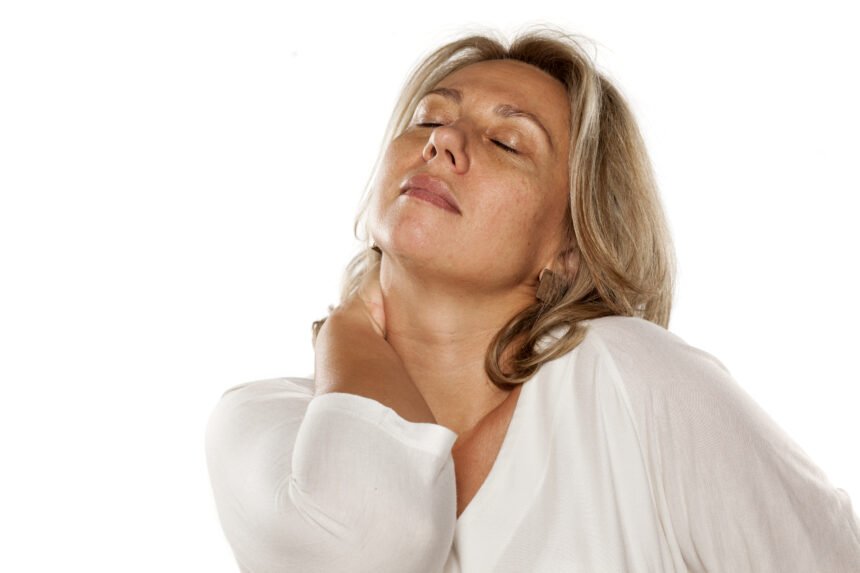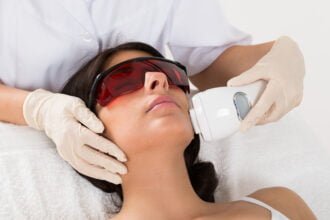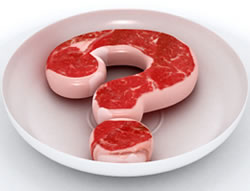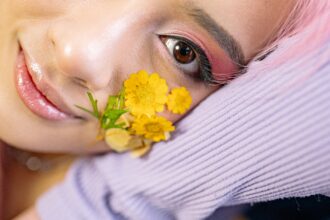While the symptoms of menopause are not life-threatening, they can be incredibly uncomfortable. Symptoms like hot flashes, mood swings, and difficulty sleeping can have a detrimental impact on your quality of life. Menopause occurs as a result of a decrease in the production of estrogen, which also means that your bones aren’t able to use calcium as effectively, therefore increasing the risk of osteoporosis. Hormone therapy is often the first course of action for symptoms like hot flashes, insomnia, hair loss, and vaginal dryness. To combat depression and mood swings, antidepressants are prescribed. But, what if there are better and safer ways to combat the symptoms of menopause? Let’s take a look at how alternative medicine practices can help.
Using Alternative Therapies to Combat the Symptoms of Menopause
When considering menopause from a holistic perspective, it is not looked at as an illness. It’s merely a time of transition that every woman goes through. But, that doesn’t make the symptoms any less uncomfortable.
1. Acupuncture
Acupuncture is an effective way to get relief from hormonal imbalances, mood swings, anxiety, and hot flashes that typically accompany menopause. This non-invasive therapy offers a holistic way to manage menopause symptoms. Acupuncture is widely recognized as an effective treatment for anxiety and depression. It can also help to regulate the hormones that lead to hot flashes and other menopausal symptoms. During an acupuncture session, specific acupuncture points are stimulated with ultra-fine needles. These points correlate with specific organ systems. When these points are stimulated, the body’s ability to alter certain physiological and biochemical conditions like vaginal dryness, insomnia, anxiety, and hot flashes is improved.
2. Traditional Chinese Medicine
Practitioners of Traditional Chinese Medicine (TCM) use a combination of many different therapies and lifestyle changes to treat menopausal symptoms. Acupuncture, massage, yoga, Chinese herbs, exercise, and dietary changes may all be recommended as part of a personalized treatment plan. Chinese medicine has been used as a natural treatment for menopause for centuries. Acupuncture and bodywork specialists teach that these symptoms are signs of other problems within the body, and they should not be accepted as normal. Even Western science is beginning to realize that these imbalances must be addressed, or they could worsen or even lead to more serious health problems. If these imbalances are treated appropriately with herbs, acupuncture, diet, and other therapies, a woman may be able to avoid uncomfortable menopausal symptoms completely.
3. Massage Therapy
Massage therapy focuses on the soft tissues of the body, like the muscles, ligaments, and tendons. It can relieve menopausal symptoms, reduce stress, and improve blood circulation while promoting a general feeling of relaxation. There are several different types of massage that can be beneficial. One of the most common is the Swedish massage. This is a therapeutic massage that promotes relaxation throughout the body while improving circulation using kneading and gliding strokes along with oils and lotions. Because this technique is so good at reducing stress, it can be very beneficial for reducing menopausal symptoms related to mood. Shiatsu massage focuses on meridians and improves the flow of energy throughout the body. It is very effective for stimulating the flow of blood and lymphatic fluid, which releases deep tension and toxins in the muscles. This type of massage is also useful for stimulating the hormones, so it’s a good choice for hormonal related symptoms like hot flashes and headaches. Reflexology is a lot like acupressure and shiatsu. It concentrates on pressure points that are found in the feet, hands, and ears. It’s an effective therapy for menopause because it stimulates the adrenal, thyroid, and pituitary glands. These are the glands that are responsible for creating and releasing hormones in the body.
4. Yoga
Although yoga isn’t necessarily a medical treatment, it is a natural therapy that may also be beneficial for combatting menopausal symptoms. Yoga is popular for its ability to help the body relax, but it also activates the glands, cells, tissues, and organs throughout the body. It could help to reduce the effects of hormonal changes brought on by menopause while improving mental clarity and emotional balance. Some yoga positions are quite beneficial for relieving menopausal symptoms. Even better, yoga promotes balance and a healthy lifestyle that can be good for overall physical and mental health. Not only is it an excellent choice for the woman going through menopause, but it can also help to combat other aspects of aging, such as loss of balance and mobility.
Conclusion
Hormone therapy isn’t the only way to combat uncomfortable menopausal symptoms. By exercising regularly, eating a healthy diet, managing your stress levels, and utilizing alternative medicine, menopause symptoms can be significantly reduced or even eliminated. Consider giving these Eastern therapies a try before you turn to Western medicine.









